by Mie
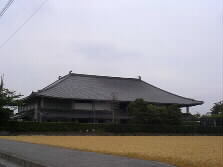
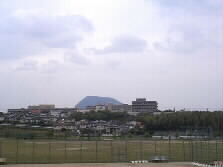
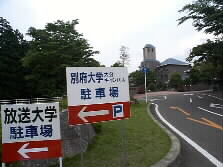
After crossing a local railroad station of Bungo Kokubu, we headed north (left.) Mt. Takasaki is visible in the distance,
and Oita Medical College on the right. We soon arrived the campus (right.) The area is called campus zone.
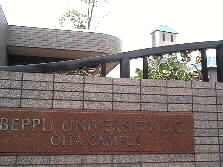
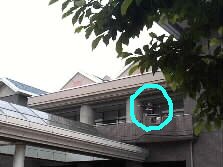
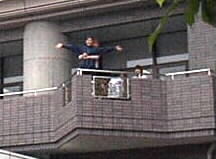
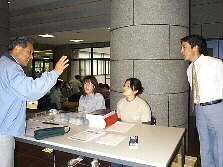
Part 1: "Going with the local society" by Mr. Masumi Eto, president of Oita branch of Japan Railroad Kyushu Co., Ltd.
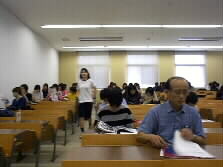
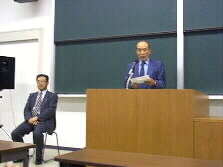
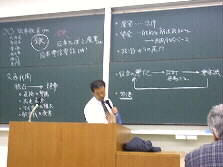
He presents:
In 1987, former Japan National Railway was divided into seven private companies, meaning the railway business couldn't enjoy monopolism anymore, and was exposed directly to free competition. What was requested to us as a mandatory is to pay back the huge debt of the former monopolism to nation by restructuring the company. Upon the basic concept of "Close ties with local communities", we have been developing many transportation services such as introducing new trains, increasing the number of train connection, improvement of schedule, speed-ups and others. In JR Oita branch, we have constructed six new stations for the convenience of the customers. Beppu College station boast of the largest but two number of passengers ,1800 a day.
In 1987, former Japan National Railway was divided into seven private companies, meaning the railway business couldn't enjoy monopolism anymore, and was exposed directly to free competition. What was requested to us as a mandatory is to pay back the huge debt of the former monopolism to nation by restructuring the company. Upon the basic concept of "Close ties with local communities", we have been developing many transportation services such as introducing new trains, increasing the number of train connection, improvement of schedule, speed-ups and others. In JR Oita branch, we have constructed six new stations for the convenience of the customers. Beppu College station boast of the largest but two number of passengers ,1800 a day.
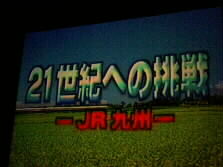
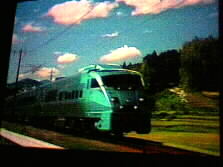
He also demonstrated a brand-new PR video
titled "Challenge to the 21st century"
(right.) A hit-train "Forest of Yufuin
(right)" carries about 20 % of the visitors
to Yufuin. An excellent design of the train
is one of major factors to attract the passengers.
Some of the trains like Sonic and Tsubame
got Japan Blue Ribbon award and Brunei prize
as well. Recently a train started to serve
under the name of Seabold - a Dutch doctor
name who contributed in creating modern Japan
in Meiji era. This is the first trial in
Japan to put a name of a person on a train.
"Environment friendly" trains with
less carbon dioxide discharging are under
developing as well. Another challenge is
to make full use of the location of Kyushu
island which is close to Asian countries.
We will list stocks on the stock market in
2001, expecting the vitality of young members;
he stressed.
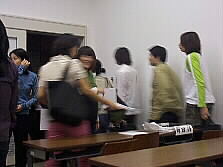
"What are the most important things in railroad business are safety and punctuality. I strongly hope you not to get involved in accidents in a railroad crossing."
The students put their report in a box and left the class room. I waite for part 2 lecture.